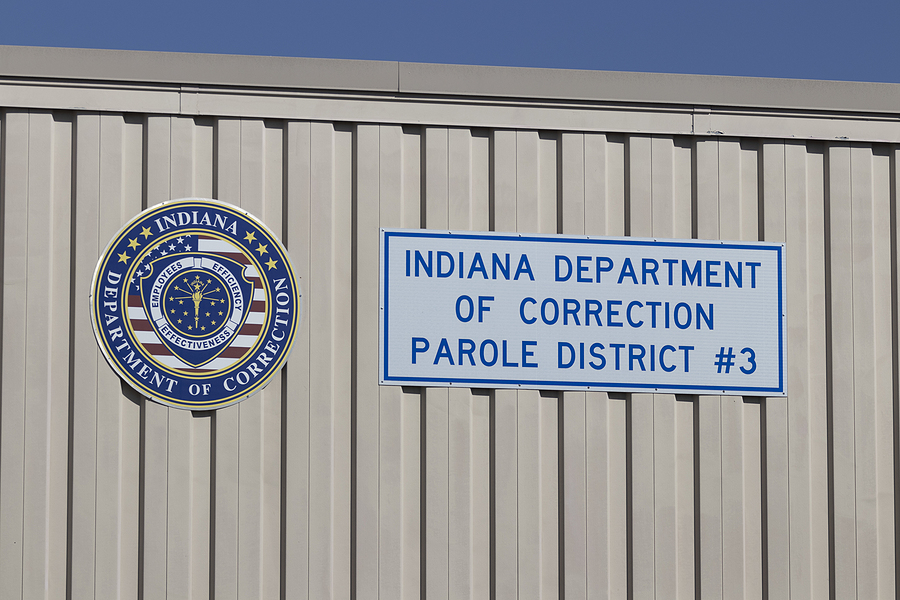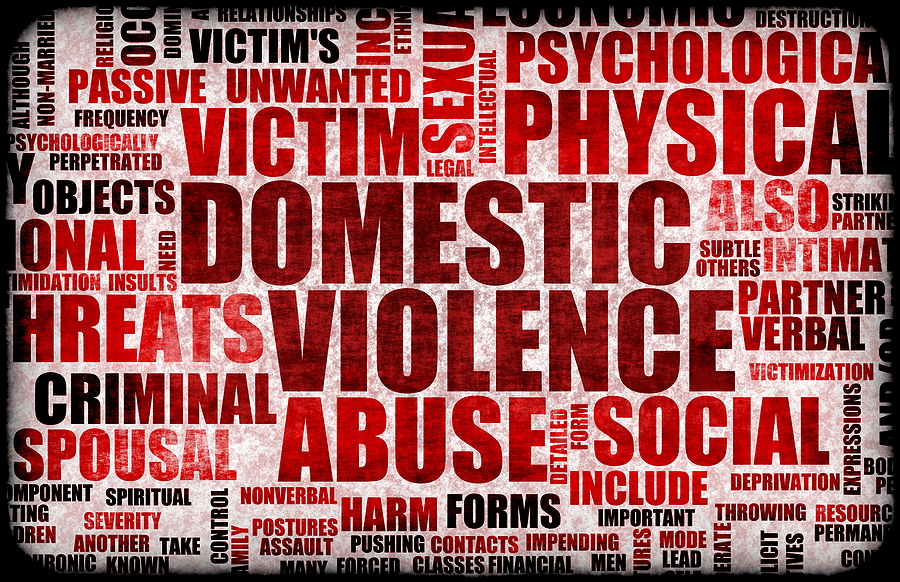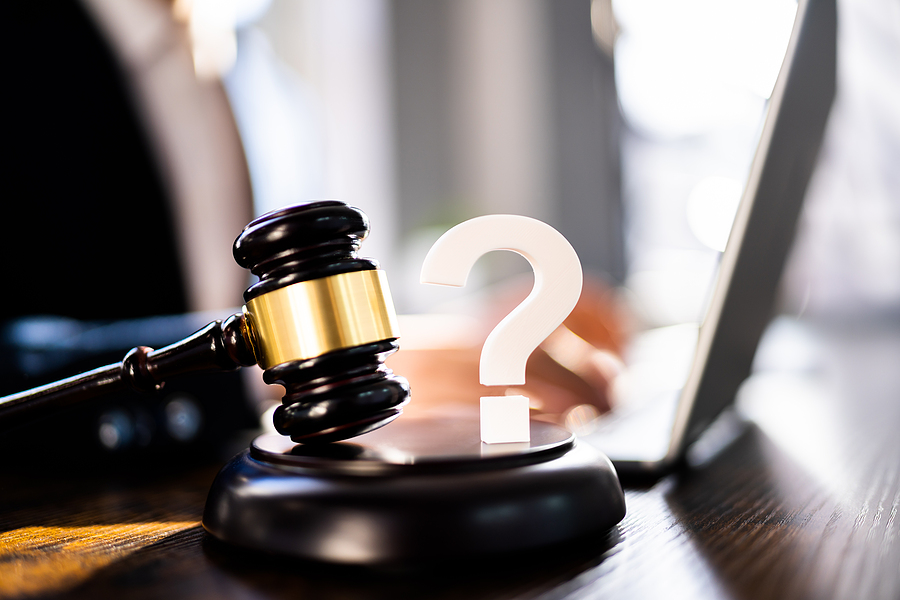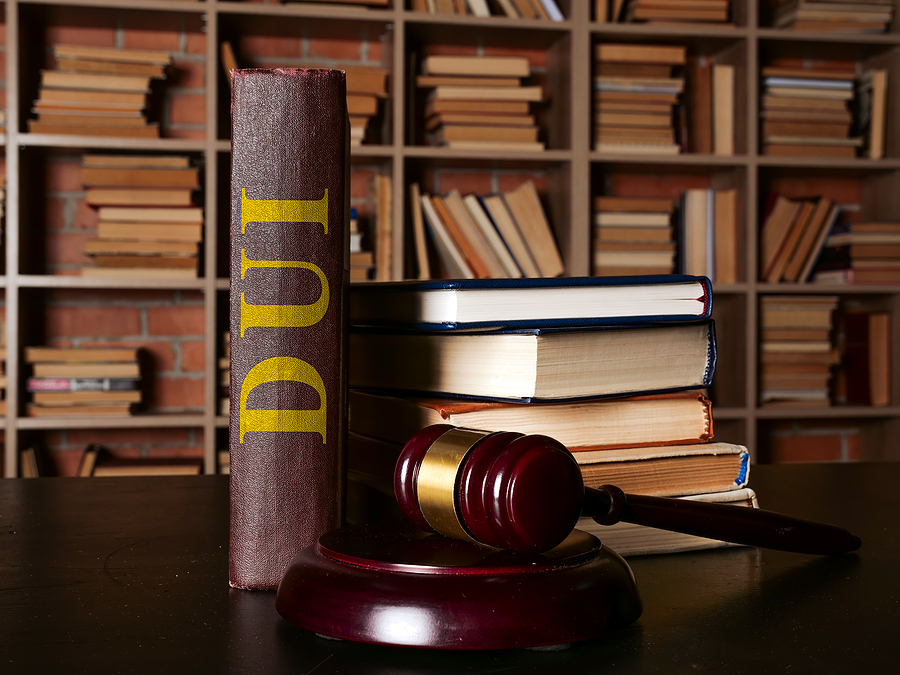In last week’s blog, we discussed the different costs and expenses associated with going to jail. But aside from portending a budget during your sentence, there are other ways you should be preparing for extended incarceration. Continue below to learn how to prepare for going to jail in Indiana, plus where to get trusted legal advice for criminal appeals in Indianapolis.

Preparing for a Jail Sentence is Strategic
Now that you have been sentenced and know when you will be going to jail, it is important to start preparing yourself mentally and emotionally. Going to jail is a daunting experience. It can be hard to know what to imagine, and even harder to prepare for it. But by knowing what to expect and preparing for it ahead of time, you can make the process much easier on yourself. Let’s discuss what you need to do both before and after you go to jail.
What to Do Before You Go to Jail
Before going to jail, you should make sure that all of your affairs are in order. You will need to have someone take care of your property and pets, and you may want to say goodbye to your loved ones. It is also important to prepare your finances; you will likely be unable to work while you are in jail, so you will need someone to help manage your money.
You will likely feel scared, anxious, or alone – but it is important to remember that there are people who care about you and want to help. Talk to someone about how you’re feeling, read books or articles about incarceration, and find a support group made up of people who have gone through the same thing as you.
One of the most important steps to take before going to jail is to hire a certified and experienced Indianapolis criminal appeals lawyer. A criminal appeals attorney may be able to build you a strong and impactful defense to reduce your jail sentence or have you released altogether. They are your best chance at reducing or avoiding jail time.
As You Approach the Day of Surrender
When the time comes for you to actually go to jail, try not to spend too much time worrying about what might happen. Jail can be unpredictable, so it’s best not to dwell on things that might not happen. Instead, focus on making the most of the situation and doing whatever it takes to get through it safely and successfully.
Once You Are in Jail
When you get to jail, be sure to follow all instructions and rules. Respect the guards and other inmates and do your best to avoid trouble. Follow the facility’s guidelines, obey orders, and don’t break any laws while you are in jail. It is also important to take care of yourself physically. Make sure you eat healthy foods, exercise regularly, and get enough sleep.
Jail is not meant to be a walk in the park for a reason, so there will be some hardships along the way no matter how much you have prepared yourself. Just remember: no matter how difficult your situation is, know that you are not alone. There are people out there who care about you and want to help. If you ever need someone to talk to or just need a friendly ear, reach out for help – it could make all the difference in getting through this experience safely and successfully.
Conclusion
Ultimately, going to jail can be a scary experience and it is important to prepare yourself both mentally and physically before you go. Make sure that your affairs are in order, talk to someone about how you’re feeling, stay out of trouble while in jail, and take care of yourself physically. With the right preparation, you can make the most of your time in jail and come out stronger on the other side.
It is important to remember that you don’t have to go through this process alone; there are many resources available if you need help. Whether it be an Indianapolis criminal defense lawyer, mental health professional, or support group, do not hesitate to reach out for assistance. Additionally, it can be beneficial to talk to those who have been through similar experiences within the jail system. You don’t have to go through this alone and you can make it out a better person if you take the right steps.
Are you ready to appeal your conviction so that you may avoid jail time altogether? Contact the Law Office of David E. Lewis today at 317-636-7514 to book an appointment with our knowledgeable criminal appeals law firm in Indianapolis, Indiana. We offer aggressive and intelligent criminal defense for appeals and can fight for your rights to a reduced or dismissed conviction. Whether you’d like a virtual or in-person meeting, we have your back from our Indy office!
Related Posts:
How Indiana’s Good Time Credit Can Help You Get Out of Jail Faster
How the Appeal Filing Process Works in Indiana
Do I Have Another Option if I Lose My Appeal?









